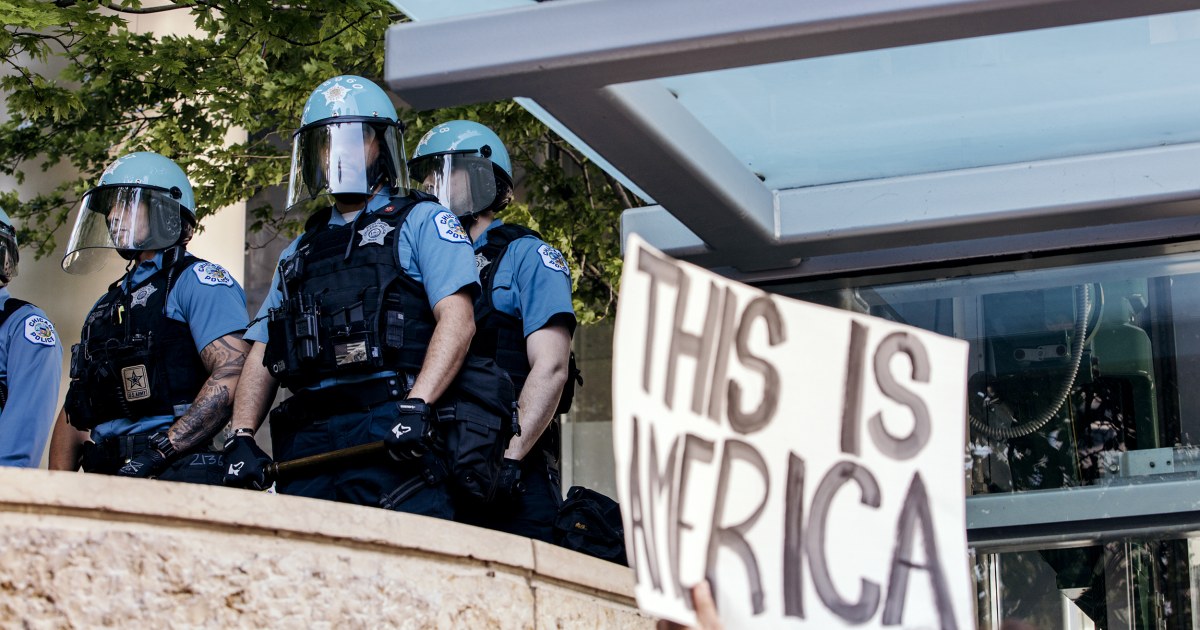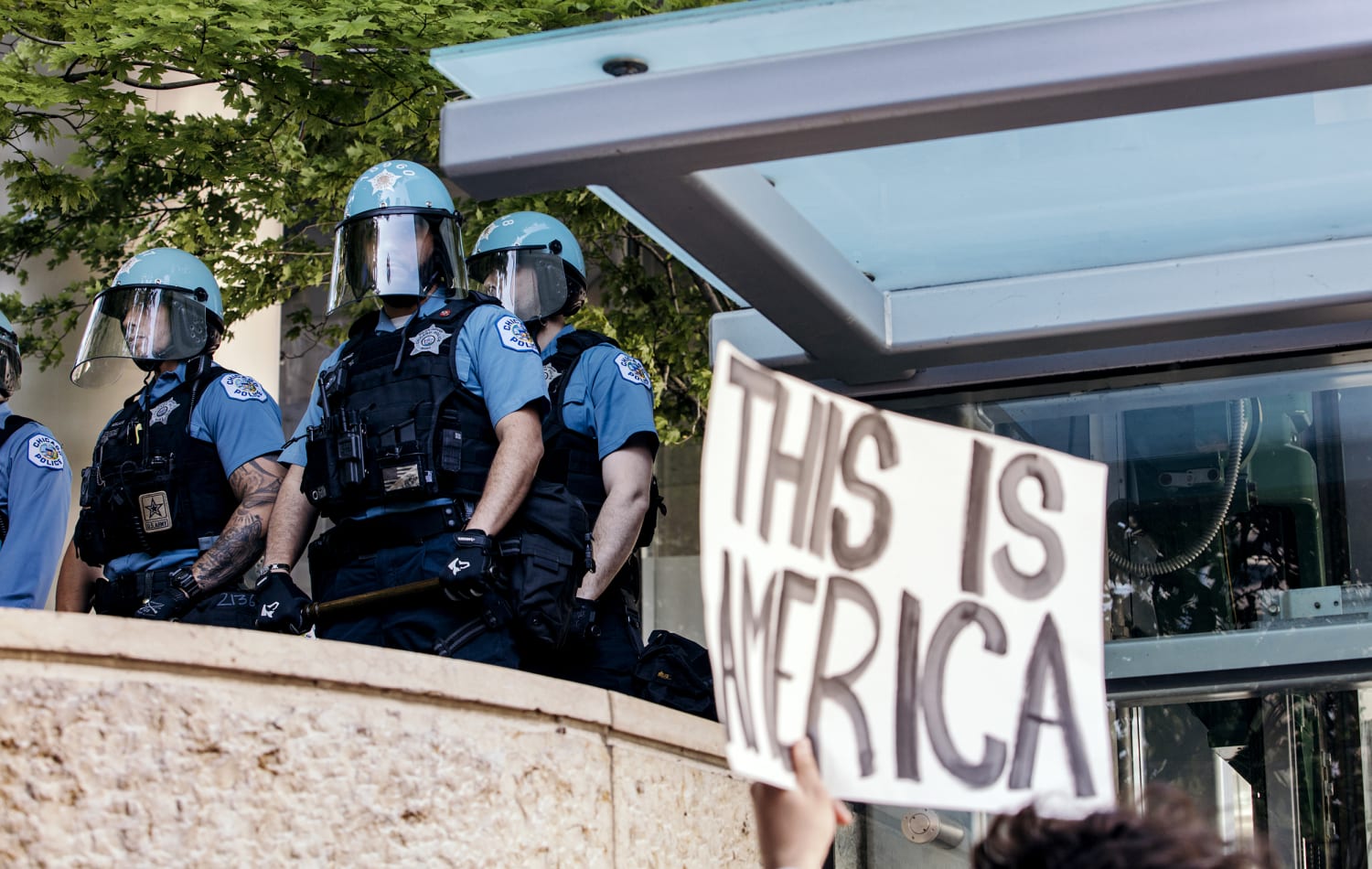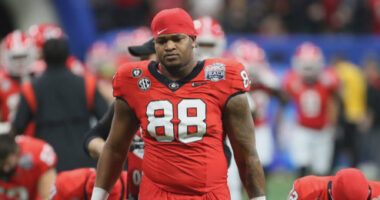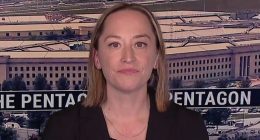
The death of George Floyd in police custody last May has galvanized lawmakers across the country along political lines.
Democrats in many states have proposed measures to reform police use-of-force policies. Republicans have focused on cracking down on demonstrators who protest in the streets or on private property.
The disparate approaches seemingly point to a deeper impasse playing out in American politics.
National political experts who analyze and study the theory behind lawmaking blame the contrasting proposals on political ambition, re-election campaigns, white supremacy and a lack of bipartisanship.
“There’s a lot of pressure to be on board with group positions, and there are electoral and legislative incentives,” said Jacob Neiheisel, a political science professor at the University at Buffalo.
He said politicians on both sides are trying to satisfy their earnest supporters, who double as likely campaign donors and often attend rallies.
“We are in a polarized political time, and there’s a lot of forces pointing in the direction of looking out for the team,” Neiheisel said.
Democratic senators in Missouri and Indiana, for instance, have introduced bills to ban police chokeholds. In Missouri, lawmakers will also consider a measure pushed by Republican state Sen. Rick Brattin to allow the use of deadly force against some protestors. While in Indiana, Republican Sen. state Scott Baldwin has proposed legislation that would allow an officer to use a chokehold if deemed necessary.
More broadly, at least 13 states have introduced laws to crack down on protests, NBC News reported, while at least four states — Colorado, Connecticut, Iowa and New York — support banning chokeholds, according to the National Conference of State Legislatures.
Some political scientists attribute the current political environment to lawmakers misleading and misinforming their constituents, leaving two different world views.
“It’s not about solving problems. It’s about getting re-elected,” said James Gilsinan, a political science professor at St. Louis University. Both parties are guilty, he said. But the spread and acceptance of misinformation seems to be increasing in Republican circles, Gilsinan said, referring to false claims that the 2020 election was rigged or stolen and the response to police interactions with Black people.
“When people latch on to a narrative about how the world works, any narrative that challenges that fact is disregarded,” Gilsinan said.
“Are there too many incidences of police overreacting in situations? Yes. Can you document that? Yes. Is it racially discriminatory? Yes. There’s plenty of evidence for all of that. But once you have a particular narrative hardwired in your head, facts don’t matter.”
The push to criminalize protests and punish demonstrators is rooted in white supremacy, said Nadia E. Brown, an associate professor of political science and African American studies at Purdue University in Indiana.
“When people are expressing their constitutional right to protest and you see these state legislatures (and) these Republicans trying to place limits on this, it’s not surprising to me because these are also tactics that support white supremacy,” Brown said.
In Missouri, Brattin’s bill would allow for deadly force to be used against demonstrators on private property or leniency to be given to drivers who run over protestors who are in their way.
He said the bill “protects our individual rights, but it does not allow you to inhibit the rights of others.”
The measure was proposed in response to protests in Missouri over the summer following Floyd’s death in Minneapolis police custody.
“Roads were completely blocked off, keeping people from moving to and fro. And we have a right to protest; we don’t have a right to inhibit people’s movement and their freedom to express their rights as well. And I think that’s one thing in America today that people just do not understand,” Brattin said.
He added, “This bill would allow people who are literally being attacked by violent criminals that are trying to break into their car (or) drag them out of their car to drive out of that situation.”
Tim Parrish, GOP chairman for Prince William County in Virginia, says the politicization of public safety has caused bipartisan rifts where both sides take extreme stances.
“From a Republican perspective, we did see a lot of Democrats say ‘defund the police,’” he said. “The extreme opposite of that is to support our law enforcement officers.”
Some Republicans, in turn, have decided to shut out anything about police reform, Parrish said.
“What ends up happening is citizens who aren’t involved in politics at all, they’re the ones who end up suffering,” Parrish said.
Rafael Mangual, a senior fellow at the Manhattan Institute for Policy Research, a conservative think tank, said reform efforts sometimes impede law enforcement work.
Measures that attempt to restrict officers’ use of force, for instance, don’t take into account that such techniques serve a purpose, Mangual said. Chokeholds and other maneuvers can prevent injuries or a fatal shooting in some cases, he said.
“Sometimes these are really effective grappling techniques that can actually stop an arrest from deteriorating … or stopping something like more force being used,” Mangual said.
“Without that ability to exert that sort of physical control, it’s not implausible to me that a situation like that can deteriorate to the point where a suspect tries to get away or an officer chooses to draw down and make the situation more volatile.”
It is not surprising that the sides have retreated to their own corners after witnessing the events of last summer, people who study policy and lawmaking say.
“It’s indicative of the social and political divide in this country,” said Ronnie Dunn, an associate professor of urban studies at Cleveland State University. “It shows how divided the country is along political lines, which translates over to politics.”
Neiheisel, the New York professor, said politicians on both sides are keeping their constituents in mind and looking out for one another.
“There’s just this rush to adopt the party line on every single position,” he said.
Source: | This article originally belongs to Nbcnews.com










